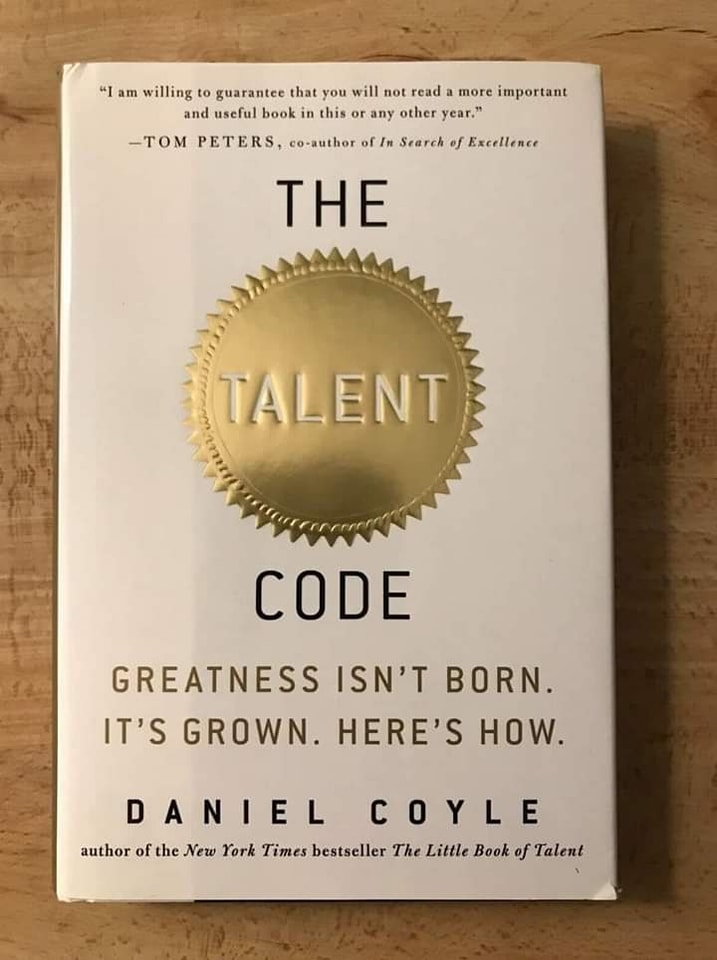The Talent Code: Unlocking Potential
Introduction
“The Talent Code,” authored by Daniel Coyle, explores the nature of talent and how it can be cultivated. Drawing on research from various fields, Coyle argues that talent is not solely an innate gift but can be developed through specific practices and environments. The book provides insights into how anyone can enhance their skills and abilities.
Key Concepts
- Deep Practice Coyle emphasizes the importance of “deep practice,” a focused and intentional approach to learning. Unlike mindless repetition, deep practice involves breaking skills down into smaller components, addressing weaknesses, and gradually increasing complexity. This method encourages learners to push their boundaries and refine their techniques.
- Myelin and Skill Development One of the book’s central ideas is the role of myelin, a fatty substance that wraps around nerve fibers and increases the speed and efficiency of neural connections. Coyle suggests that through deep practice, individuals can build myelin, effectively “insulating” their neural pathways. This process is essential for developing expertise and enhancing performance.
- Ignition Coyle introduces the concept of “ignition,” which refers to the motivation and desire that drive individuals to pursue their passions. This spark can come from various sources—personal experiences, role models, or inspiring environments. Ignition is crucial for initiating the journey of skill development and sustaining commitment over time.
- Master Coaching The book highlights the significance of mentorship and effective coaching in talent development. Great coaches provide not only technical guidance but also emotional support and encouragement. They create environments that foster deep practice and help individuals stay engaged and motivated.
- Environment and Community Coyle points out that the environment plays a crucial role in nurturing talent. Communities that prioritize skill development, celebrate practice, and encourage collaboration can significantly enhance an individual’s ability to grow. Surrounding oneself with like-minded individuals fosters a culture of excellence.
- The Power of Purposeful Learning Finally, Coyle stresses the importance of having a clear purpose in the learning process. Setting specific, achievable goals and aligning practice with personal values helps maintain focus and drive. This purposeful approach to learning enhances motivation and engagement.
Conclusion
“The Talent Code” offers a transformative perspective on talent development, emphasizing that skill and expertise can be cultivated through deliberate practice, effective coaching, and supportive environments. Daniel Coyle’s insights encourage readers to rethink their understanding of talent and embrace the idea that with dedication and the right strategies, anyone can achieve greatness in their chosen field. This empowering message inspires individuals to pursue their passions and unlock their full potential.
